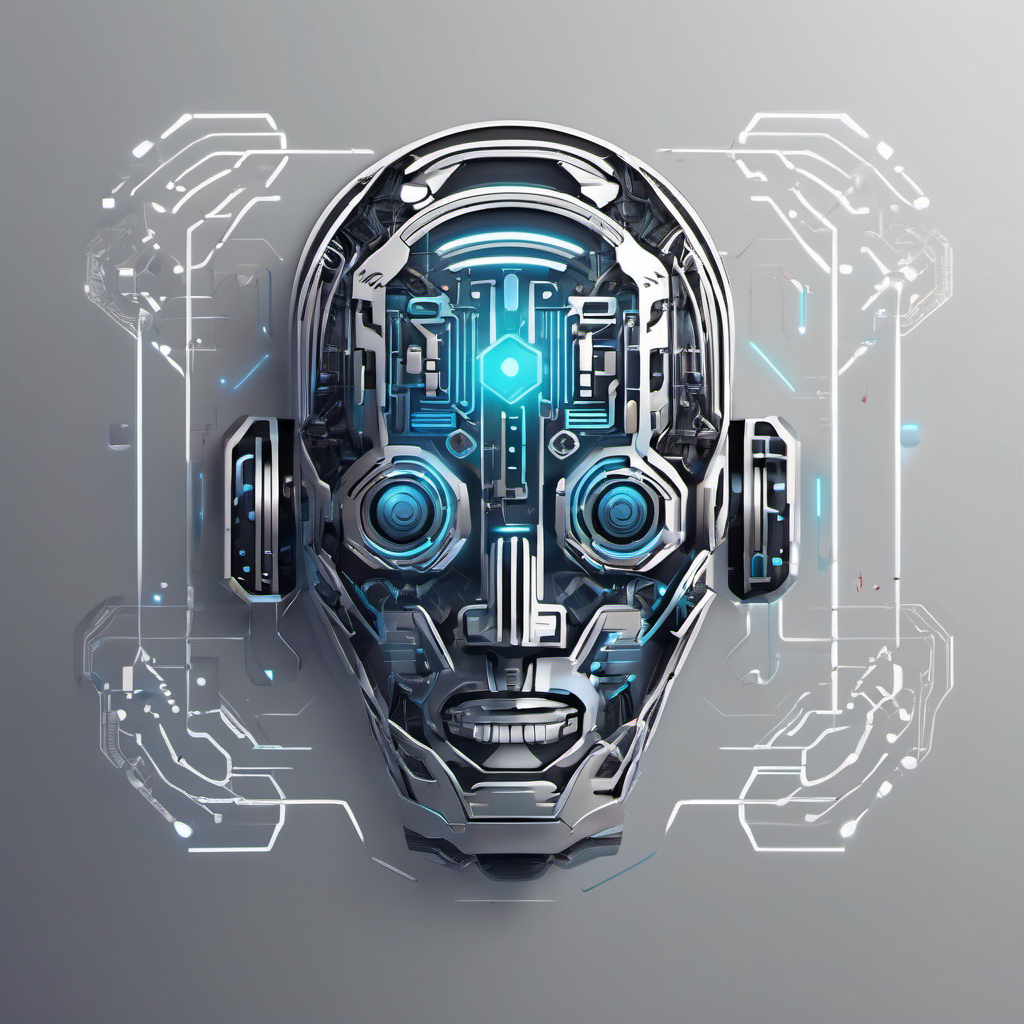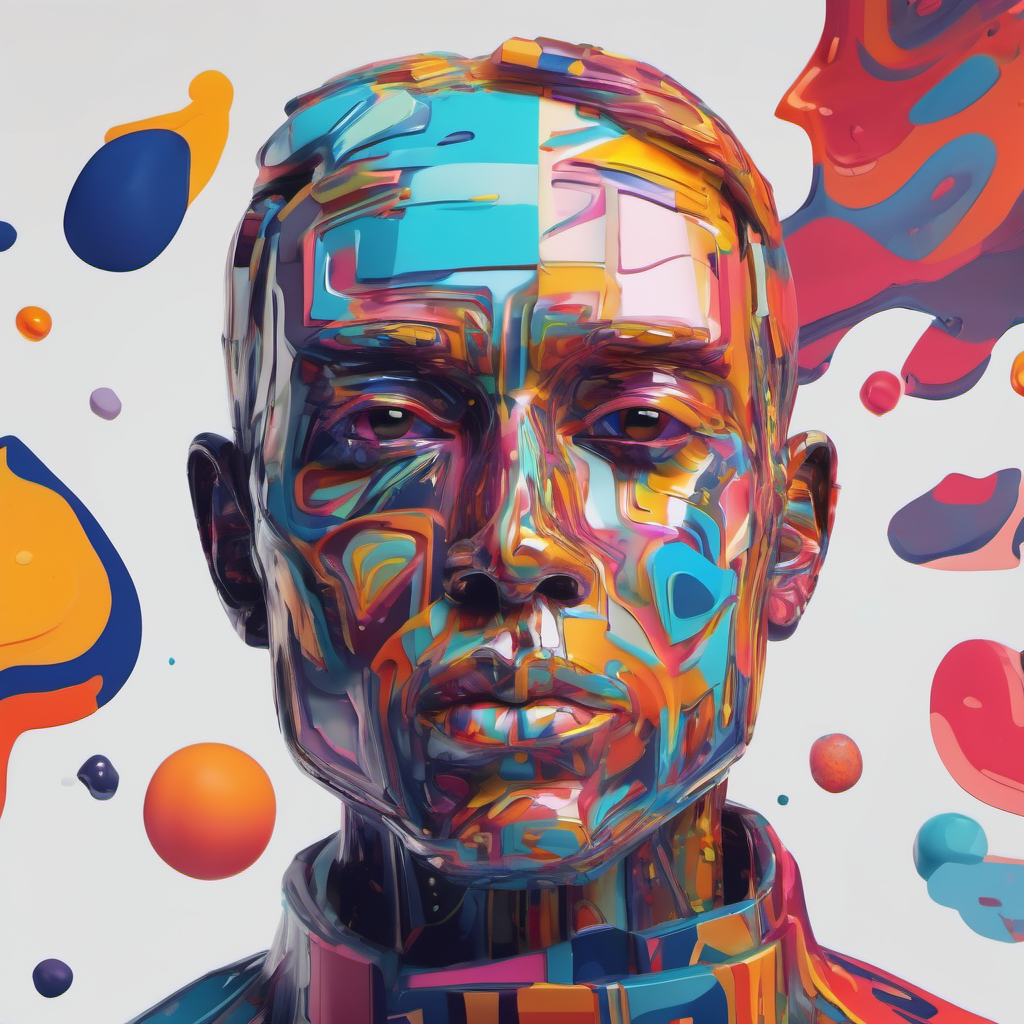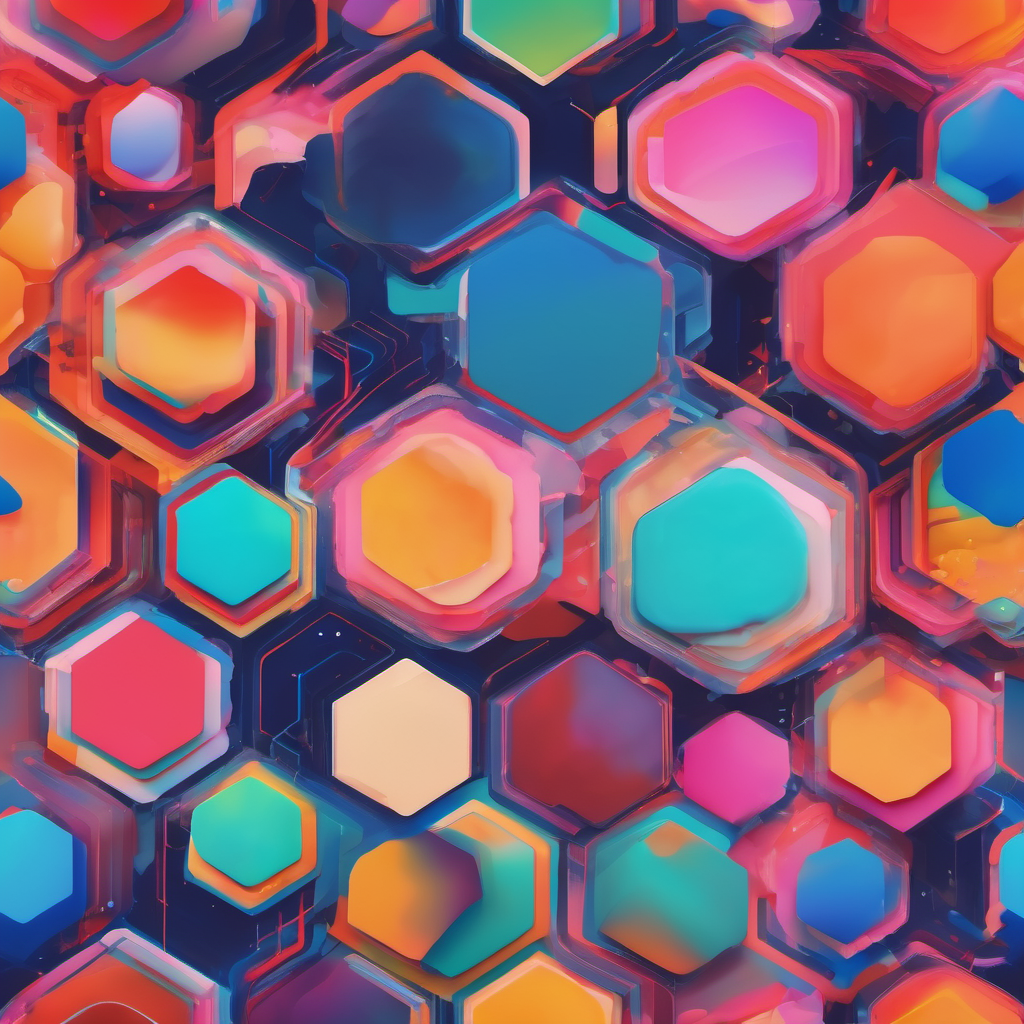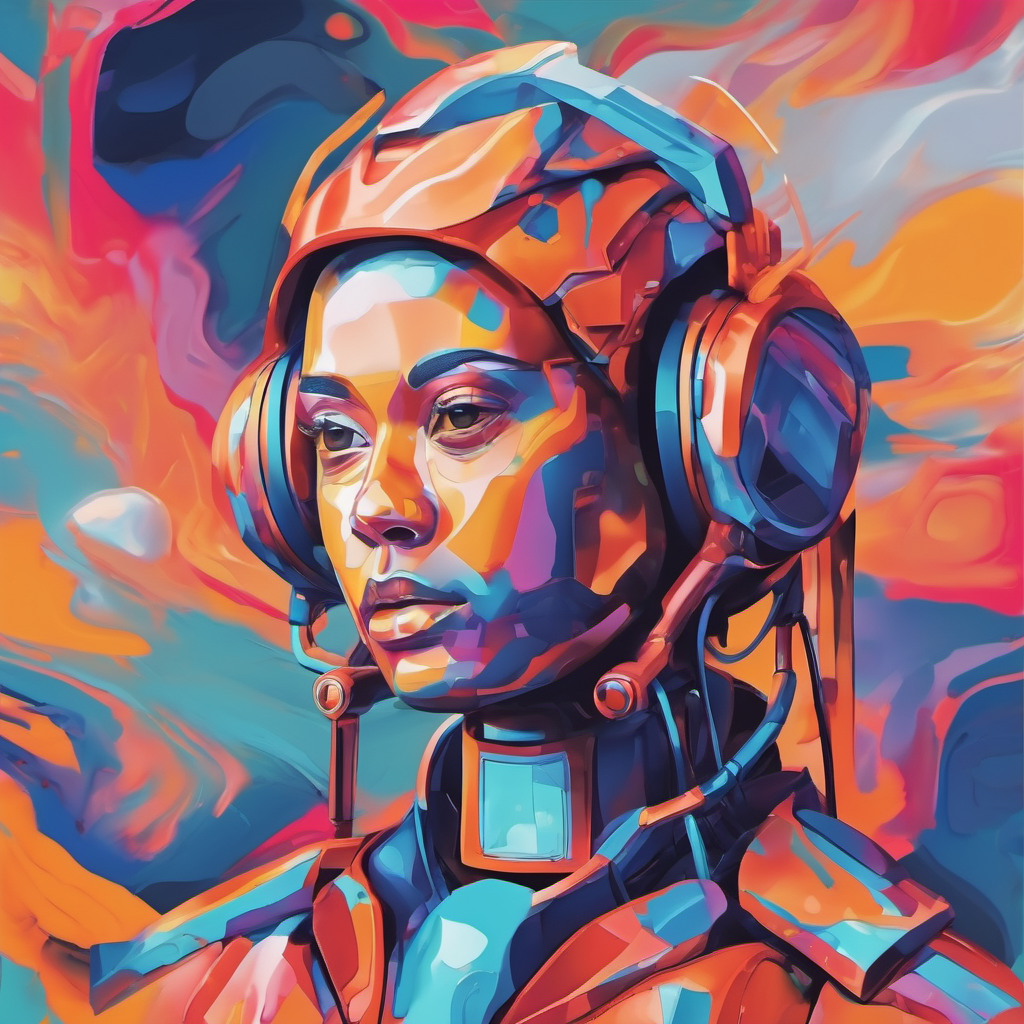AI: Friend or Foe? Unveiling the Duality of Artificial Intelligence in Shaping Humanity’s Future

Artificial intelligence (AI) has become a ubiquitous term, permeating every facet of our lives, from the personalized recommendations on your favorite streaming service to the autopilot assisting your car. However, the conversation surrounding AI often falls into two extremes: a utopian vision of technological utopia or a dystopian nightmare of robot overlords. The reality, as with most complex issues, is far more nuanced.

AI’s Boons: A Technological Catalyst
AI’s potential to benefit humanity is undeniable. Here are some key areas where AI is already making a positive impact:
- Revolutionizing healthcare: AI-powered diagnostics are aiding in early disease detection and personalized treatment plans, while robotic surgeons are performing complex procedures with unparalleled precision.
- Combating climate change: AI is being employed to optimize renewable energy production, improve energy efficiency in buildings, and even predict extreme weather events.
- Accelerating scientific discovery: AI algorithms are analyzing vast datasets to uncover hidden patterns and connections, leading to breakthroughs in fields like materials science and drug discovery.
Beyond these specific examples, AI has the potential to automate tedious tasks, freeing up human potential for creativity, innovation, and social interaction.
- Advertisement -

AI’s Potential Pitfalls: Navigating the Ethical Labyrinth
Despite its undeniable benefits, AI also presents significant challenges that demand careful consideration:
- Job displacement: As AI automates tasks, concerns regarding widespread unemployment and the need for workforce retraining are paramount.
- Algorithmic bias: AI systems are only as good as the data they are trained on. Biases present in the data can lead to discriminatory outcomes, perpetuating social inequalities.
- Weaponization of AI: The potential for autonomous weapons systems raises serious ethical and legal concerns, necessitating international cooperation to prevent their proliferation.
These challenges highlight the critical need for responsible development and deployment of AI, ensuring it adheres to ethical principles and serves the greater good of humanity.

The Verdict: A Future Co-Created
AI is neither inherently good nor bad. It is a powerful tool, and like any tool, its impact depends on the intentions and actions of those who wield it. The future of AI is not predetermined; it will be shaped by the choices we make today. By fostering open dialogue, prioritizing ethical considerations, and fostering international collaboration, we can ensure that AI becomes a force for positive change, empowering humanity to tackle its most pressing challenges and build a brighter future for generations to come.
This approach, akin to the one advocated for in many prominent tech publications like TechCrunch, underscores the crucial role of responsible development and collaborative action in harnessing the true potential of AI for the betterment of humankind.







